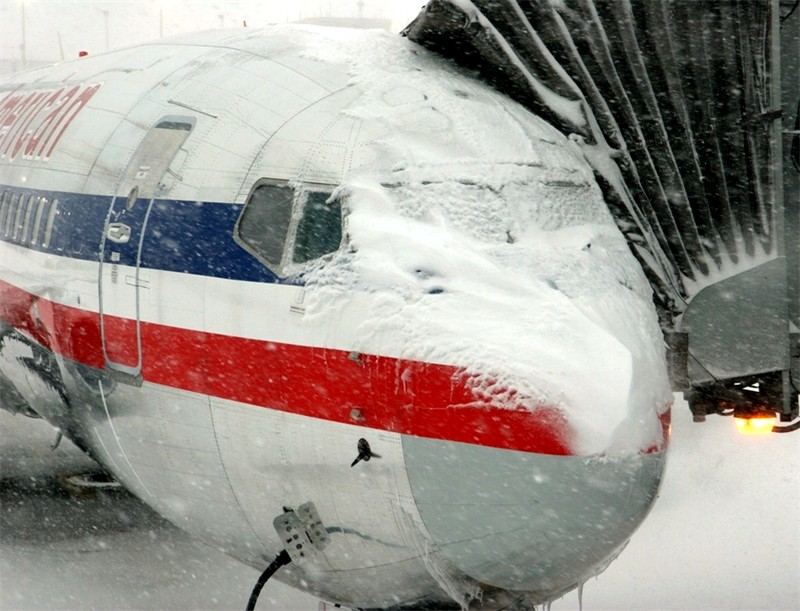There are a lot of Airport Safety Training Courses available online and while we support training and self-improvement, we don’t want you wasting money on generic airport courses that won’t certify at your local airport.
We see a lot of you out there trying to get work at your airport. Or trying to find employment with the airlines. And you want to add airport safety certification and qualifications to your resume.
Good, that’s what you should be doing.
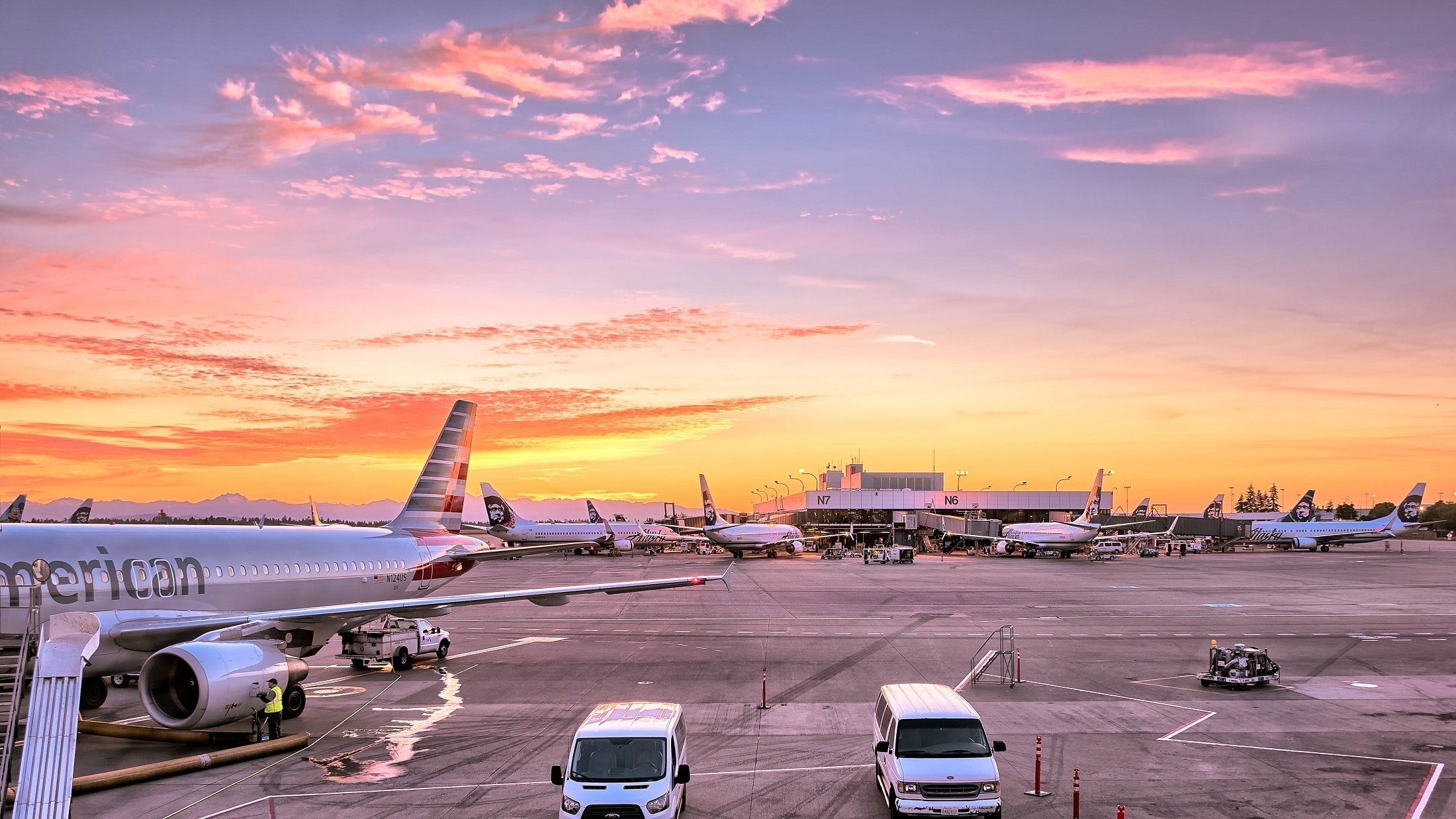
Airport Career
But be careful what training you do and where you find it. There are two types of training we are referring to and we’ll deal with both. The first is mandatory initial or recurrent training, related to roles at the airport, the second is individual, career-related training.
Airport Course Education
Most of us are career-driven and we want to make ourselves more attractive to employers in our industry. In aviation there’s an abundance of careers and pathways we can take. And sometimes the certification requirements seem daunting.
Don’t worry, the regulatory bodies are well structured and have been for some time. They are here to help you and they have all the answers you need if you know where to look.
And we are going to show you how. So you can find what you really need, and what you don’t.
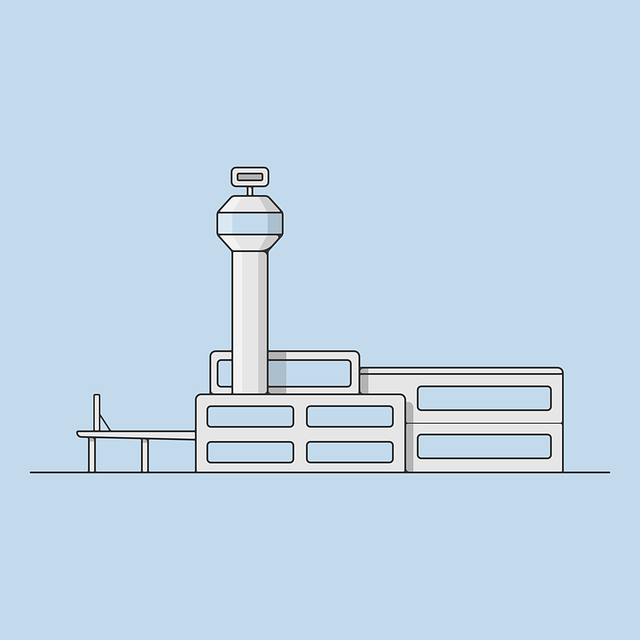
Personal Learning
If you don’t work at the Airport or within the aviation Industry, it can be frustrating. When you google jobs, training, or courses, you are quickly saturated with companies offering online training programs in everything from Security, Ground handling, passenger handling, operations, safety, or ramp/airside duties.
Now we don’t want to judge these providers but what we do want is to give you the knowledge and the tools to know if these courses are beneficial to your career or role. Or are even required. There are three reasons why you need to investigate this issue;
1) A substantial portion of these courses will be provided by your employer. And at their cost – when they employ you. And they will also support your future training requirements.
2) Most states/countries offer courses for free or at reduced rates through your employer or through your airport. Certainly, in the EU and the U.S. So even if it costs money, others should pay.
3) Specificity. This is the most important word in this article – It would be profoundly rare that a generic (non-specific) course you take online, would be acceptable, recognized (or certified) in your country. Or for the airport authorities you seek to get validation from.
Airport Services
This needs some explanation. What we mean is that if you are searching for a training certificate or course that you think you need as part of your job function or might be required by the airport.
Then stop right now. Well, stop looking at the course! Please continue to read this article. For those of you just looking for courses that might help you get ahead in the airport, we have an article on that too.
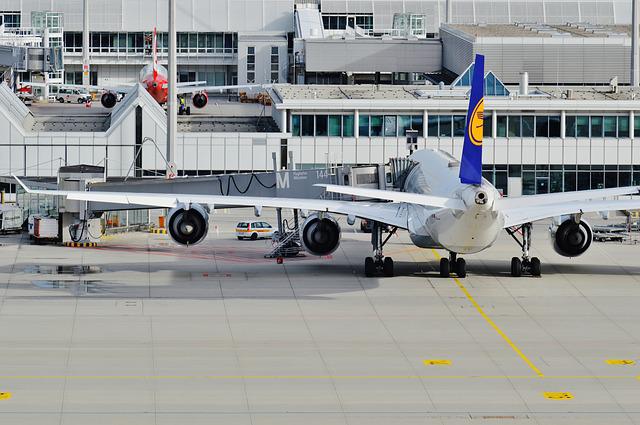
Airport Course Hierarchy
The first stop is the regulatory hierarchy. This is the source of the rules from which your training is derived. From these agreed global rules (ICAO), local laws are created in each country (i.e. FAA). So, we have a standardized approach because aviation is an international business.
Here is the Airport Course Training Hierarchy (in order)
ICAO
FAA/EASA/Other Authorities/Associations
US/EU/Other countries
Your Country’s Aviation Authority
Your Airport Courses
Now don’t worry, you only need to know one section of this, and that’s your Airport rules. But this is how the regulations are filtered down. Training requirements or skills compliance (certification) are within these rules. They start out broad at the top, get more specific and legally binding the further down you go.
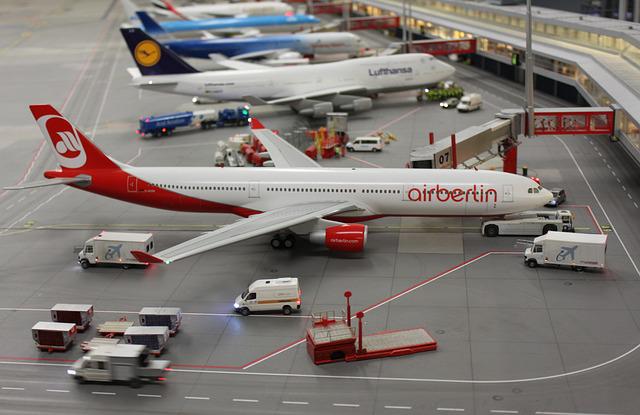
There are Industry resources from these three alone that could keep you busy for a lifetime. But go to your local authority site to get your specific training rules from them.
Airport Course Specificity
So, what happens at your country level? What happens is that your country has specific requirements, laws, procedures, physical areas, cultural norms, and religious norms. The broad regulations are the starting point, and your country now can enact these regulations but also add or amend them to suit their own requirements. Airlines are also different, national flag carriers, Low Cost Carriers, charter airlines, Medivac, and Private GA operators.
Your authority and your airport have a difficult job managing these entities as well as the other airlines that fly to their airports. The specificity issue is multiplied not only at the airport but also the customers they serve.
Airports
The only thing that is standard at the airport is the apron and runway markings and signs (ICAO designated). That’s it. Everything else is specific to that airport. The airport must now design and develop its own training programs for the ICAO/EASA rules that apply to them. And they better do an excellent job as their certification depends on it. The same goes for Airlines, MROs, and anyone else we know as “regulated entities”.
If you are regulated, you need to have all training designed and approved, just for your operation. The Airside ramp safety course at JFK will look a lot different from Boston Logan up the road. Risks are different and departments are different because the airport design and weather is different, just to give an example.
The same goes for AMS or CDG. Security courses will also differ wildly. Their AIC (or SIDA) courses will be specific to that airport. Why? well, there could be several types of access points, escort requirements, and cargo security systems. But guess what, these change constantly too. The training or professional development must too. Not only are training amendments sent down from on-high, but physical changes also happen at the airport and the staff needs to be updated.
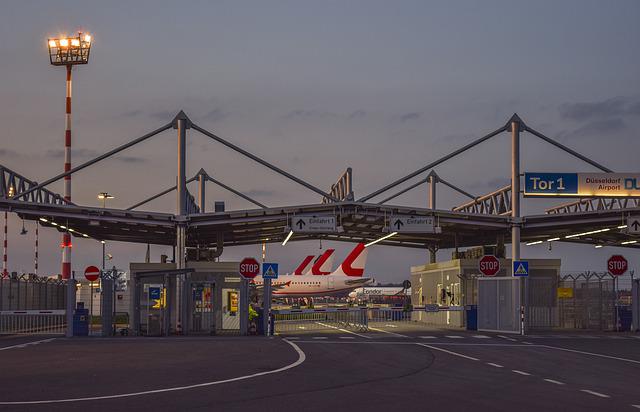
Also, new threats or challenges evolve, and you need to be told on a regular basis what these are.
We have Recurrent Training because of this constant flux. A Generic course will have none of these things.
Airport Courses & Employers
They have operational risk. Managers and trainers that are certified by the authority to manage exactly these kinds of requirements and the related course material. In some cases, such as security, this is the only way you will get access to some of the more specific courses, as this material must be kept on a need-to-know basis. There’s also a multitude of courses that you must take at the airport, but they will all be specific.
A specific SIDA or BSAT, a specific ramp safety course, ramp driving, and so on. We have looked, and there is no one company that can offer all these courses or their variations online. Only the airport or your authority can deliver the right courses. The others will be full of holes.
Now there are training companies. Approved companies that supply online training. But the best way to validate them is also through your local authority. Most companies will need to be pre-approved to deliver regulated training in your country. Regardless of what area you are in, security, baggage handling, or cleaning. Search for that approval. Or ask them for it.
Services for You
What else can you do? A lot actually. Aviation is awash with associations and accredited bodies.
Here is a list to get you started.
The best thing you can do is validate the course or skills training you are doing. If IATA, ICAO, or EASA are approved then that’s great. You can even access these via the links above. But as you will see, these are business-related or personnel growth courses that can travel. I hope you can see the difference.

Dangerous Goods/Hazmat & Lithium batteries
If you’ve never heard of DGR/Hazmat, then be careful. These are standardized. And there’s a good reason. The carriage of these dangerous goods has been an issue for decades as they can, and have, brought down aircraft due to mismanagement.
Mislabeling or misidentifying of cargo becomes a problem during the flight. This one area has been carved out and for good reason.
There is also Cybersecurity, and this is because Cyber is such a specific area with significant organizational risk best left to the experts. Although it is a whole chapter in the ICAO Annex. Aircraft, Airports, and Air Traffic control are highly technological assets that require a lot of protection from cyber bad actors.
So, what do we want? We want you to be educated and informed if you are looking for a job in aviation or at the airport terminal and are thinking of spending a few hundred bucks to get upskilled. Because it looks interesting, or it seems to fit with an airport operational job you saw. It should, as the generic courses follow the higher-level syllabus set out in the upper levels of the hierarchy.
But you are looking for a job at a specific company or at a specific airport. And that’s super-specific. You might not waste your time, but you will waste your money. Like we said, start at your authority and check their websites for resources and approved training organizations.
There are humans in there too, so don’t be afraid to ask them questions. That’s what they are there for. They are paid by the state to enforce, manage and deliver the training.
Safe skies.



